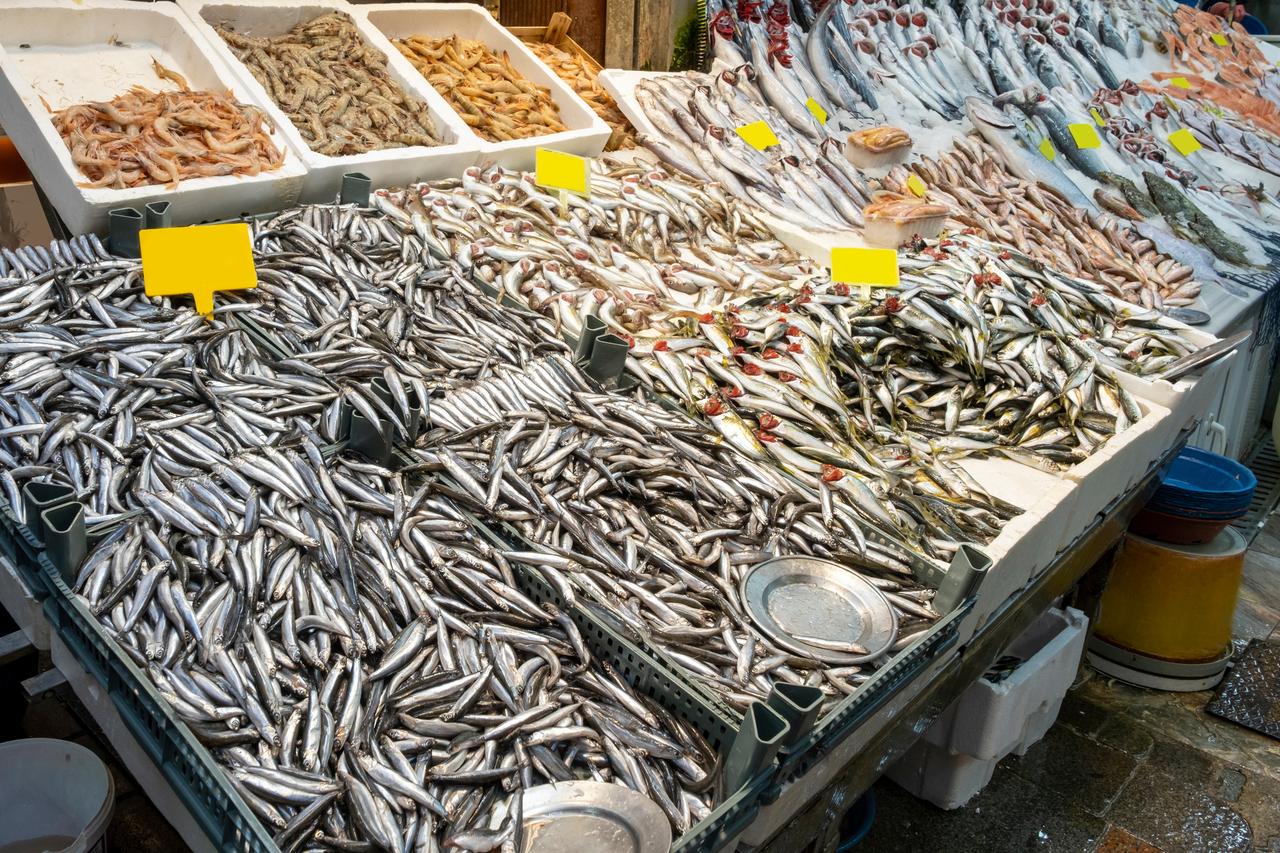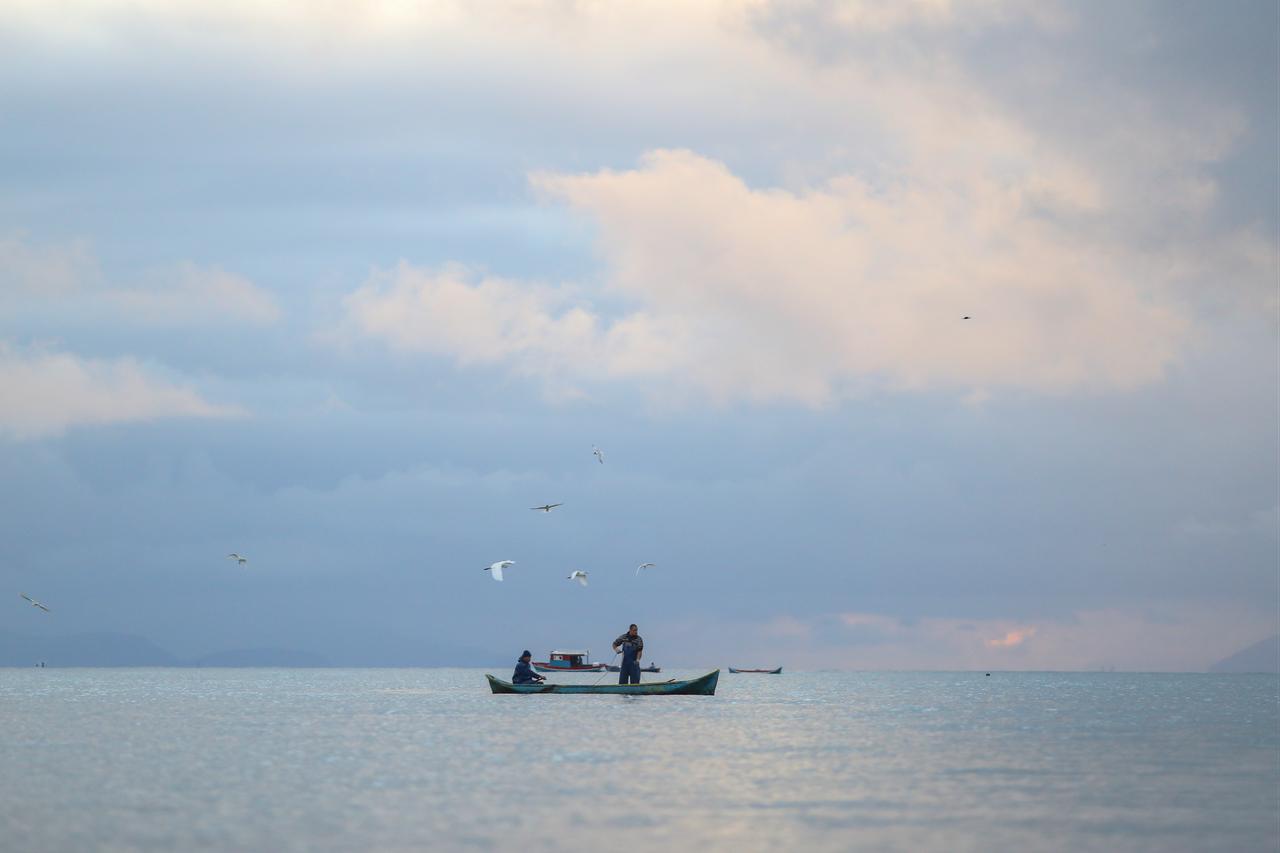
Seafood has long been central to Mediterranean cuisine, yet experts warn that 73% of commercial fish stocks are currently caught beyond sustainable limits. This decline in reserves threatens not only marine biodiversity but also the livelihoods of fishing communities whose future depends on balanced harvests.
One of the clearest signals of responsible fishing is the blue check logo of the Marine Stewardship Council (MSC). Founded in 1997, the nongovernmental organization certifies fish stocks that are managed at sustainable levels and provides updated data on their condition.
Shoppers who do not see the MSC mark on packaging are encouraged to ask store staff directly whether the seafood comes from a certified source.

Industrial fishing often relies on techniques such as trawling or purse seining, which can damage biodiversity and conflict with sustainability principles.
By contrast, line fishing—often practiced by small cooperatives—causes far less harm and is generally seen as a more sustainable method. Supporting local cooperatives in this way can help ensure that fishing practices remain environmentally sound.
Experts also highlight the importance of consuming fish that is seasonal and locally sourced. More than half of the seafood on today’s tables comes from aquaculture, or fish farming. However, concerns have been raised over the use of antibiotics, feed quality, and stock density in some farms.
To address these issues, four international certification programs exist: the Aquaculture Stewardship Council (ASC), the Global Seafood Alliance (GSA), the Best Aquaculture Practice (BAP), and Friend of the Sea. These schemes aim to ensure that farmed fish is produced responsibly and with respect for ecosystems.